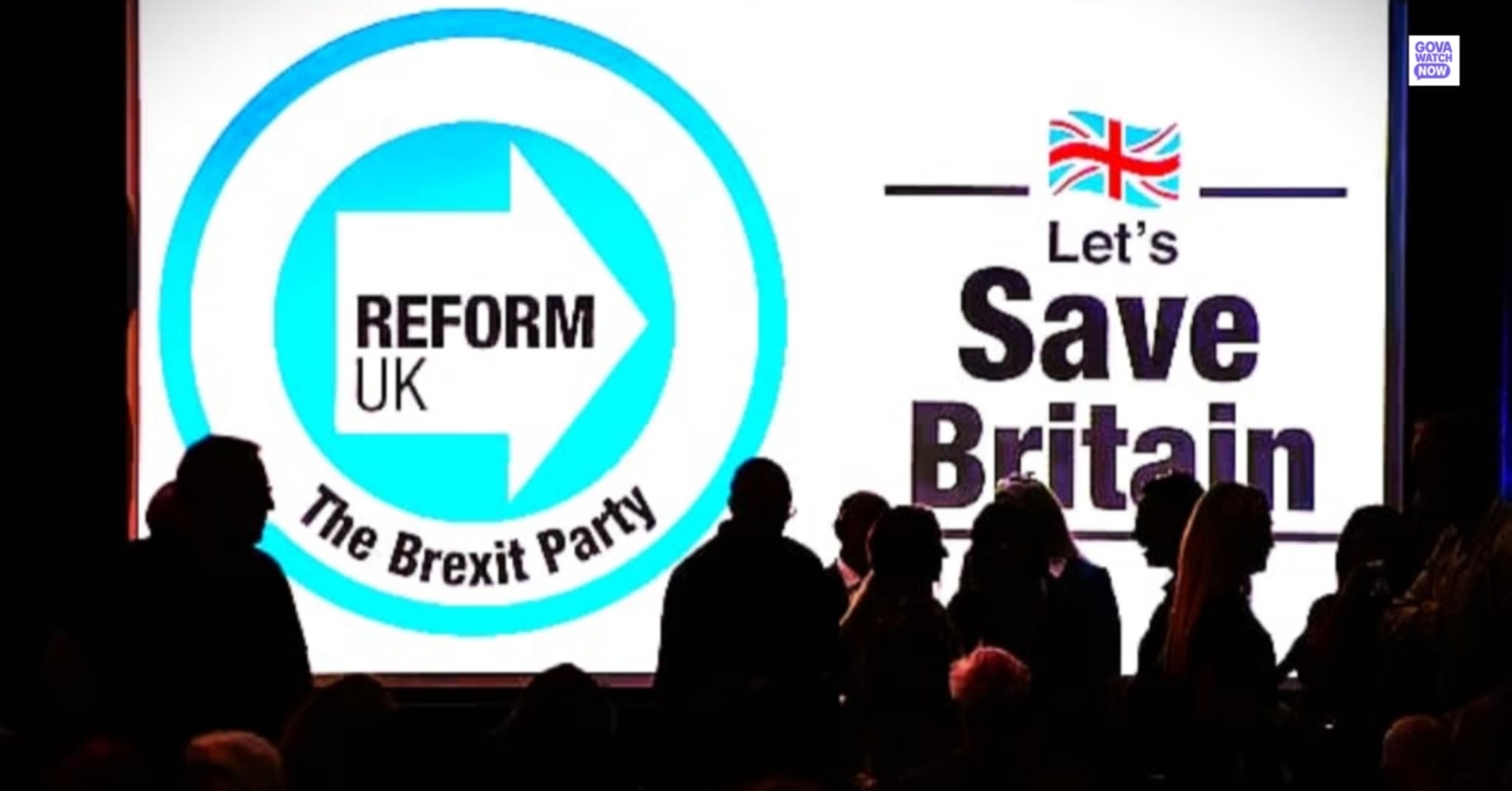Reform UK’s chairman, Zia Yusuf, has proposed an ambitious plan to reduce public spending by up to £400 billion annually if the party wins the next general election. Yusuf claims these significant savings could be achieved by eliminating diversity, equity, and inclusion (DEI) initiatives, repealing Net Zero policies, and cutting the number of government quangos. He argues that such measures would not only reduce waste but also improve the overall quality of life for British citizens.
Yusuf emphasized that Reform UK leader Nigel Farage is fully committed to the plan, describing it as unprecedented for a party with a genuine chance of forming government. Speaking on Sky News, Yusuf noted the boldness of proposing cuts on this scale during the first term, presenting it as a necessary response to what he views as a “state of decay” in the country’s public sector.
The proposal has met strong opposition from both Labour and Conservative parties. Labour labelled it “fantasy economics,” warning it would damage the economy, lead to job losses, and severely impact public services. They also suggested it would increase financial pressure on families, citing a potential rise in average mortgage costs. Meanwhile, Conservative chairman Nigel Huddleston criticized Reform UK for lacking a detailed plan and accused the party of engaging in “populist theatre” rather than serious policymaking.
At approximately 15% of the UK’s total public spending, the proposed cuts would represent an unprecedented reduction in government expenditure. While supporters argue the plan targets inefficiency and unnecessary spending, opponents warn of the potential risks to critical services such as healthcare, education, and social care.
Reform UK’s proposal has reignited the national conversation about fiscal responsibility and the future of public services. As the next election approaches, voters face a clear choice between ambitious reform and the maintenance of current public spending priorities.




